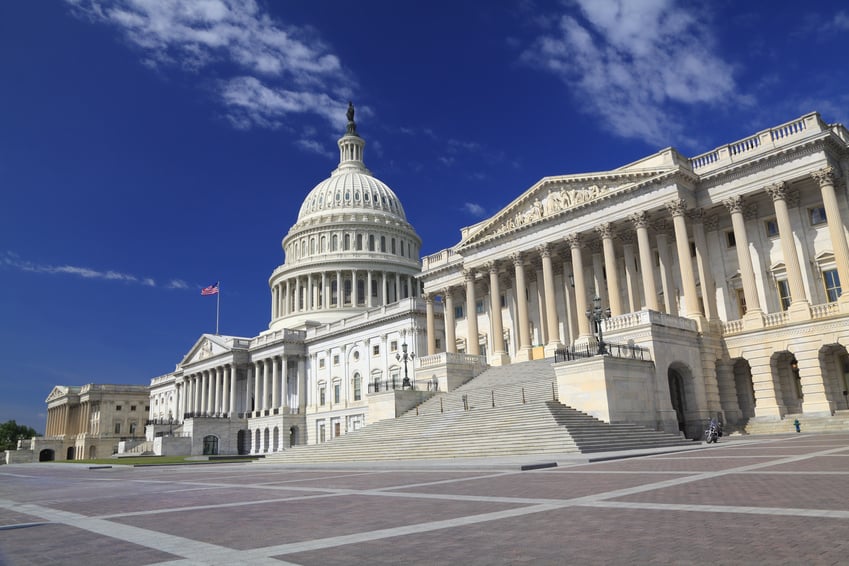On 28 January 2021, the Commission amended the Temporary Framework for COVID-19 (“Framework”) again. This 5th Amendment prolongs its application until 31 December 2021. Other changes include increasing aid amounts that the Commission will approve under the Framework and allowing for limited amounts of repayable Framework aid to be converted to grants.
In March 2020, the European Commission adopted the Temporary Framework to support the economy in the context of the COVID-19 outbreak, which allows EU Member State to have State aid approved quickly by the Commission. It has since been amended four times. First, by increasing possibilities for public support to research, test and produce products relevant to fight the COVID-19 outbreak, to protect jobs and to further support the economy. Second, to enable recapitalization and subordinated debt measures, and third, to further support micro, small and start-up companies and to incentivise private investments. A fourth amendment extended the coverage of the Temporary Framework and prolonged its application until 30 June 2021, except for the section on recapitalization support, which was extended until 30 September 2021.
Key takeaways
The 5th Amendment of 28 January 2021 prolongs the application of the Temporary Framework until 31 December 2021. In addition, it:
- clarifies certain areas, for instance aid that may be granted to compensate for COVID-19 related damages under Article 107(2)(b) TFEU;
- increases aid amounts eligible for approval under the Temporary Framework;
- allows the conversion of limited amounts of repayable aid under the Framework into grants;
- extends the temporary removal of all countries from the list of “marketable risk” countries under the short-term export-credit insurance communication.
In more detail
Prolongation
By virtue of the 4th Amendment, the Temporary Framework was set to expire on 30 June 2021, except for recapitalization measures, which could be granted until 30 September 2021. The 5th Amendment has now prolonged the application of the entire Temporary Framework, including recapitalization measures, until 31 December 2021. It remains subject to further extension if necessary.
Limited amounts of aid increased and possibility to convert repayable aid into grants
The 5th Amendment increases the amount that can be approved under the Temporary Framework for the following categories of aid that can be granted as direct grants, tax and payment advantages or other forms such as repayable advances, guarantees, loans and equity as follows:
- liquidity aid for companies active in the primary production of agricultural products to EUR 225,000 per (up from EUR 100,000)
- liquidity aid for companies active in the fishery and aquaculture sector to EUR 270,000 (up from EUR 120,000)
- to EUR 1.8 million per company active in all other sectors (up from EUR 800,000)
To incentivize the initial use of repayable aid, such as repayable advances, guarantees and loans, the Temporary Framework now also allows Member States to convert these three categories of aid into other forms of aid such as grants. Conversions must take place based on transparent and nondiscriminatory conditions and by 31 December 2022 at the latest.
Increased amount of aid to cover fixed costs
The 5th Amendment also increases the aid amount that can be granted to companies especially hit by the COVID-19 crisis to cover their uncovered fixed costs to EUR 10 million per company (up from EUR 3 million).
Aid to compensate for COVID-19 damages explained
The Temporary Framework includes provisions on aid on the basis of Article 107(2)(b) TFEU (i.e. “aid to make good the damage caused by natural disasters or exceptional occurrences”), which continues to require notification outside the Framework. But the Framework explains that:
- Any aid based on Article 107(2)(b) TFEU can only compensate for damage directly caused by the COVID-19 outbreak, such as damage directly caused by restrictive measures precluding the beneficiary, de jure or de facto, from operating its economic activity or a specific and severable part of its activity.
- Examples of “restrictive measures” include measures that require the complete cessation of an economic activity or its cessation in certain areas, exclusion of certain highly material categories of clients, etc.
- In calculating compensation the following economic effects are excluded:
- general lower aggregate demand
- greater customer reluctance to gather in public places, transport means or other venues
- generally applicable restrictions on capacity, social distancing measures, etc.
- Measures that cannot be compensated for include general social distancing measures or general sanitary constraints, including measures merely translating such general requirements in terms specific to the characteristics of certain sectors or types of venues.
- Short-term export-credit insurance communication
Given the continued general lack of sufficient private capacity to cover all economically justifiable risks for exports to countries on the list of “marketable risk” countries under the short-term export-credit insurance communication, the 5th Amendment extends the temporary removal of all these countries from the list until 31 December 2021.
For more resources on this topic (including an overview of previous amendments to the Temporary Framework), you may visit Baker McKenzie’s COVID-19 and Antitrust Law page.





